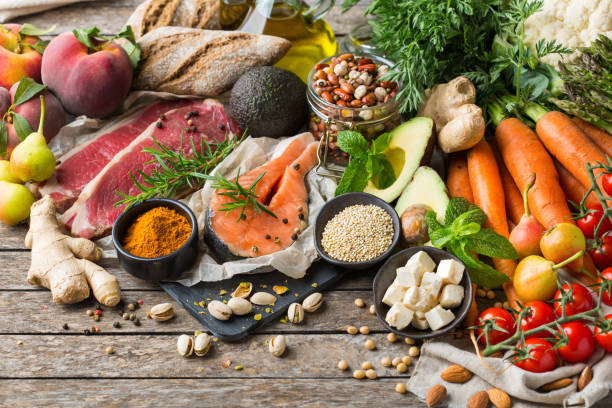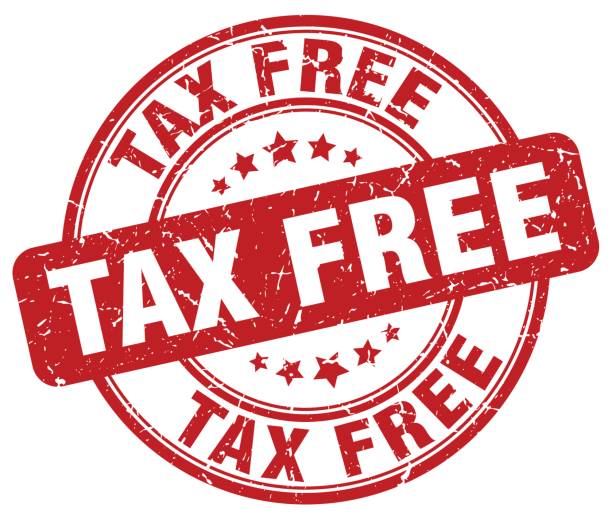The second phase of Tennessee’s back-to-back 2023 sales tax holidays has started. From August 1 through September 30, all food and food ingredients are tax-free food.

The three-month sales tax holiday, which includes most food as “tax-free food” that started on Tuesday, August 1, coincides with the conclusion of the customary sales tax holiday. (Photo: Pexels)
The holiday’s tax-free food is a component of Gov. Bill Lee’s Tennessee Works Tax Act, which he and conservatives in the Tennessee General Assembly called “the single largest tax cut in Tennessee history.” Over the course of the three-month period, it’s anticipated that Tennesseans , due to the tax-free foods, will save $273 million in taxes overall.
Here is what is contained:
- Ingredients in food and food:
- Items not covered by this exemption include sales of prepared food, dietary supplements, candy, alcoholic beverages, and tobacco.
- Food and food ingredients are categorized as any liquid, concentrated, solid, frozen, dried, or dehydrated items sold for human consumption and eaten for flavor or nutritional value. Alcoholic beverages, tobacco, sweets, and dietary supplements are not considered to be food or food ingredients.
READ ALSO: Veterinary Loan Repayment Program Application Opens To Applicants For 2024 Cycle In Georgia
Examples of food and food ingredients that are “tax-free food” include:
Baby food, baking supplies like baking powder, baking soda, biscuit mix, cake mixes, cocoa powder, flavoring extracts, flour, sugar, and other sweeteners, frostings, yeast, bottled water (flavored, carbonated, sweetened, or unsweetened), bouillon cubes, bread, butter, margarine, and shortening, canned foods, cereal, chip dip, chips (potato, corn, etc.), chocolate (unsweetened), coffee and teas bags, loose and fruit juices, ice, ice cream, sherbet, jams, jellies, nuts, pasta, pastries, pies, and pretzels, as well as pickles, popcorn, chicken, pumpkins, and peanut butter.
Relishes, salad dressing, salad mix, and salad oil; raw eggs, fish, and meats that must be cooked; soft drinks; fresh, frozen, dried, etc., vegetables; and vegetable juices. Please be aware that this is only a partial list of foods that are exempt from taxes.
Alcoholic beverages, tobacco, candy, dietary supplements, and prepared food are examples of items that are not covered by the sales tax suspension and continue to be subject to the 4% state sales tax rate plus any local sales tax rates.
The sales tax holiday runs through October 31.
























